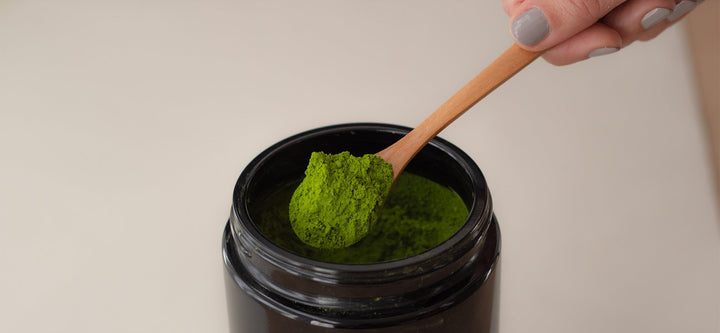
Research Database
The only comprehensive database for clinical and medical research papers on the healthy benefits of matcha/green tea
Recent Research Papers on
mental-health
Author: Helen L. Schimidt and Aline Vieira and Caroline Altermann and Alexandre Martins and Priscila Sosa and Francielli W. Santos and Pâmela B. Mello-Carpes and Ivan Izquierdo and Felipe P. Carpes
Ischemic stroke is a major cause of morbidity and mortality all over the world. Among impairments observed in survivors there is a significant cognitive learning and memory deficit. Neuroprotective strategies are being investigated to minimize such deficits after an ischemia event. Here we investigated the neuroprotective potential of physical exercise and green tea in an animal model of ischemia–reperfusion. Eighty male rats were divided in 8 groups and submitted to either transient brain ischemia–reperfusion or a sham surgery after 8 weeks of physical exercise and/or green tea supplementation. Ischemia–reperfusion was performed by bilateral occlusion of the common carotid arteries during 30 min. Later, their memory was evaluated in an aversive and in a non-aversive task, and hippocampus and prefrontal cortex were removed for biochemical analyses of possible oxidative stress effects. Ischemia–reperfusion impaired learning and memory. Reactive oxygen species were increased in the hippocampus and prefrontal cortex. Eight weeks of physical exercise and/or green tea supplementation before the ischemia–reperfusion event showed a neuroprotective effect; both treatments in separate or together reduced the cognitive deficits and were able to maintain the functional levels of antioxidant enzymes and glutathione.



